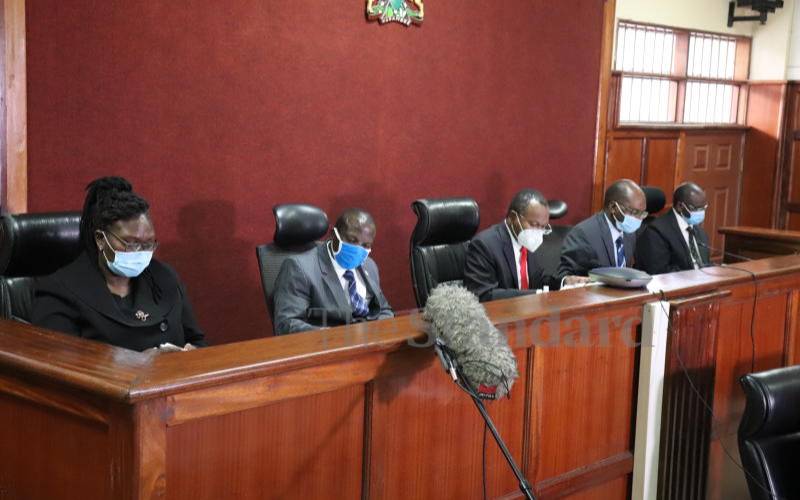×
The Standard e-Paper
Stay Informed, Even Offline

The High Court has annulled the BBI referendum process throwing the future of the initiative into uncertainty.
A bench comprising Justices Joel Ngugi, George Odunga, Jairus Ngaah, Teresia Matheka and Chacha Mwita upheld a consolidated case by eight petitioners that the constitution bears essential features on its basic structure that cannot be amended.